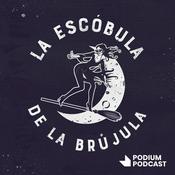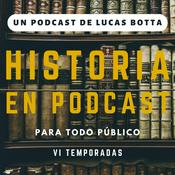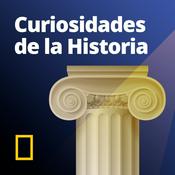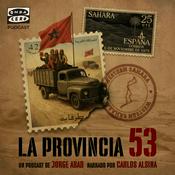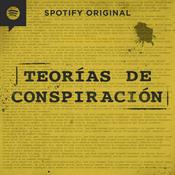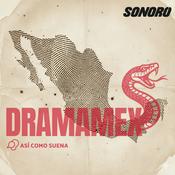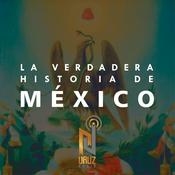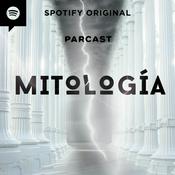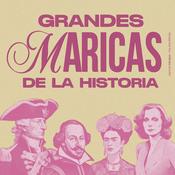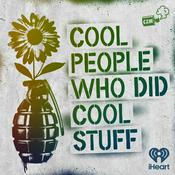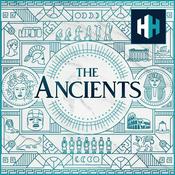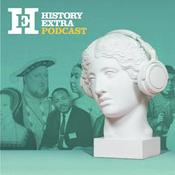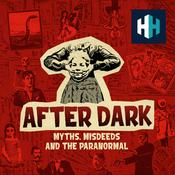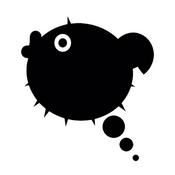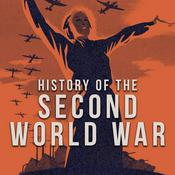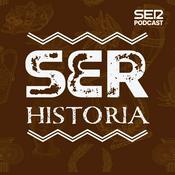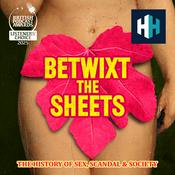143 episodios
Episode 142 - Capitalism and Vector-Borne Disease with Brent Kaup and Kelly Austin
02/12/2025 | 1 h 4 minBrent Kaup (William & Mary University) and Kelly Austin (Lehigh University) come on the podcast to discuss their new book connecting disease and capitalism. They begin by discussing the financialization of America and link it as a cause of climate change. Financialization is also linked to diseases and specifically vector borne diseases through the suburbanization of areas such as Virginia. In parallel, Brent and Kelly also examine financialization in the context of malaria in Uganda, and how the increased exploitation of coffee created an environment that is more conducive to mosquitos, which coincided with a deterioration of the public health system. At the end of the interview, Brent and Kelly discuss how to do co-authorship.- Eran Alam (Harvard University) speaks to the Infectious Historians about foreign healthcare workers in the US. The conversation begins with an examination of doctors in the US - how many are trained (and retire), different fields and different parts of the country. Historically, immigration has been a key way in which the US has historically addressed shortages of doctors. Eram highlights the different countries - particularly in South Asia - from which doctors immigrated to the US, where they became instrumental for the US healthcare system. At the same time, this migration also had long-term impacts on doctors’ home countries.
- In this episode Merle and Lee speak with Eric Story (Western University) about his work on tuberculosis in the Canadian army during World War I. Eric begins by discussing disability studies and tuberculosis before focusing on the Canadian military during the war. As a social historian, Story examines the impacts of tuberculosis on different groups in Canadian society. He then expands on some of the attempts to treat tuberculosis through sanatoria while also calling attention to the fact that Canadian governments took care of soldiers’ present and future, investing substantial resources for this purpose. The conversation also includes a reflection on writing about tuberculosis during Covid, public health and the forgetting(?) of Covid.
- Cam Grey (University of Pennsylvania) comes on the podcast to discuss his book on risk in the late Roman world. The conversation begins with a discussion of how to define disasters and risk, before moving on to examine the ways in which risk was conceived and mitigated in the past. Cam speaks about the importance of putting back together the human and natural worlds, but is also aware of how the problem of scales - as many small stories often do not add up to larger ones. He raises several other points reflective of his research, for example how late disasters and risk in the present influence our understanding of their counterparts in the past, or the importance of the state and its role in managing and mitigating disasters. More broadly, Cam argues that late antiquity is important because of a goldilocks effect - it has just enough - and not too much - sources to be able to produce a robust but also a near-comprehensive analysis.
- Christoph Gradmann (University of Oslo) joins Merle and Lee to discuss his new book on 20th century tuberculosis in Tanzania seen through the records of Kibong'oto hospital, the main hospital that treated the disease in the region. The conversation begins with some context about Tanzania and its history during and after the colonial period. As a case study, Kibong'oto is important in two ways that comes across the discussion. First, it highlights tuberculosis as a 20th century disease, as opposed to the 19th century disease that appears in most textbooks. Second, it represents a story about biomedicine under difficult conditions - including patient resistance to certain treatments. In the discussion, Christoph points out some of the sources he uses - such as case books - and the changes in their quality over time. Before conclusion, Christoph also reflects on writing his book during Covid and goes into some detail in discussing Covid in Tanzania.
Más podcasts de Historia
Podcasts a la moda de Historia
Acerca de Infectious Historians
Covering infectious diseases through history from plague to COVID-19.
Sitio web del podcastEscucha Infectious Historians, DESPIERTA TU CURIOSIDAD y muchos más podcasts de todo el mundo con la aplicación de radio.net

Descarga la app gratuita: radio.net
- Añadir radios y podcasts a favoritos
- Transmisión por Wi-Fi y Bluetooth
- Carplay & Android Auto compatible
- Muchas otras funciones de la app
Descarga la app gratuita: radio.net
- Añadir radios y podcasts a favoritos
- Transmisión por Wi-Fi y Bluetooth
- Carplay & Android Auto compatible
- Muchas otras funciones de la app


Infectious Historians
Escanea el código,
Descarga la app,
Escucha.
Descarga la app,
Escucha.


